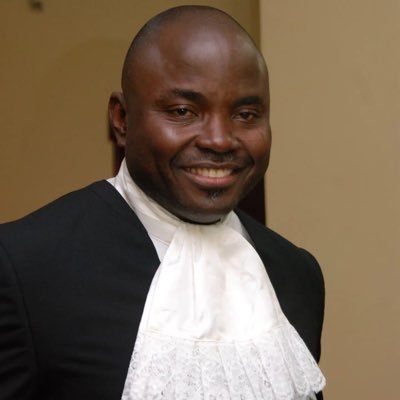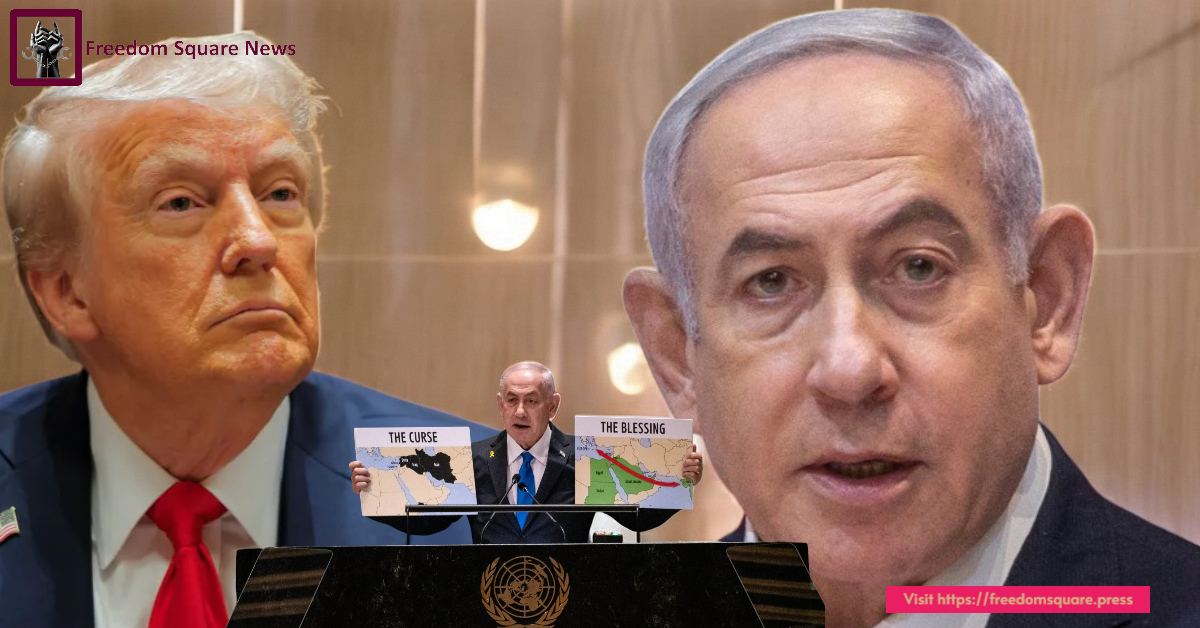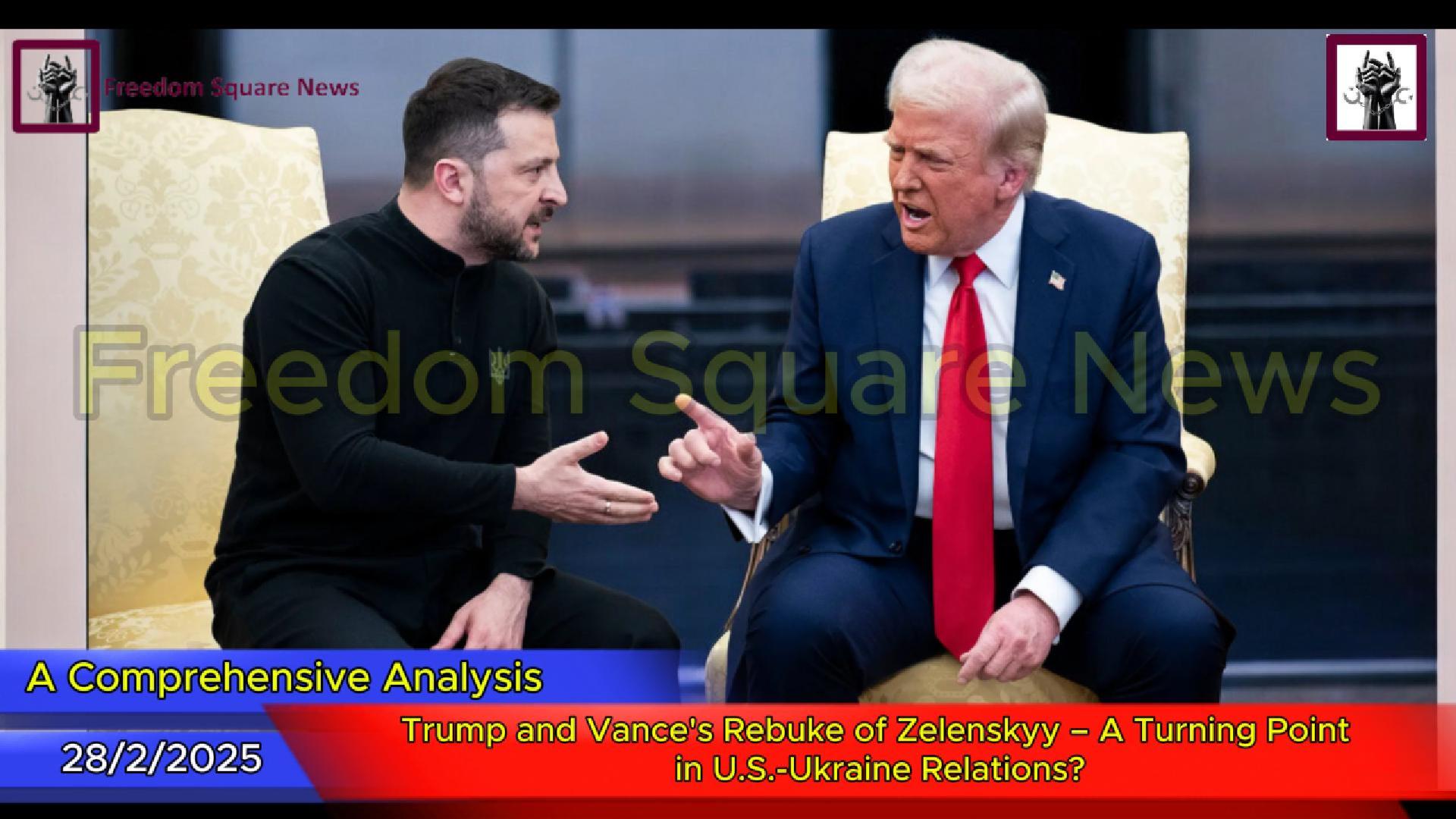Written by Jibrin Samuel Okutepa SAN (X-handle @jibrin)
Nigeria, often touted as a democratic nation, is grappling with a severe crisis – a disconnect between politics and governance. The state of affairs in the country paints a grim picture, as the fundamental principles of democracy and good governance are seemingly absent from the political landscape.
Many politicians in Nigeria appear to be driven by sheer desperation and a ruthless pursuit of power, lacking a genuine commitment to the principles that underpin democracy. Selfishness and a dearth of humanity seem to define the political class, with a prevalent “looting formula” as their modus operandi.
Discussion of critical issues is notably absent from Nigerian politics, as falsehoods and deception serve as tools for gaining and consolidating political power. A culture of dishonesty pervades, with politicians knowingly deceiving the populace to secure their positions.
In this political landscape, where lies and deception reign supreme, the interests and welfare of the people often take a backseat. Despite the evident failures of some governors, they are imposed upon the populace through manipulative tactics and political maneuvering.
Regrettably, the Nigerian political class has eroded the foundations of democracy and the country’s governance institutions. Irresponsibility towards the welfare of citizens is glaring, with inadequate healthcare, subpar infrastructure, and the absence of social security and basic amenities.
Institutions that should uphold the rule of law and safeguard lives and property have been compromised. Lawlessness has become the norm, exemplified by the alarming rate of “one-chance” taxi incidents in Abuja. Accountability and responsibility appear to be lost virtues within the government.
Security agencies, tasked with safeguarding citizens, have faltered in their duties. A lack of functional CCTV systems in the capital city of Abuja underscores the breakdown in security. The primary duty of any government is to protect lives and property, but the reality for Nigerians is starkly different.
Thuggery and lawlessness have flourished, creating an environment of fear and insecurity. Citizens are hesitant to travel, and lawlessness has become pervasive, with seemingly no consequences for unlawful actions. Society as a whole has lost its moral compass.
Good governance is not about rhetoric or political vendettas; it is about prioritizing the welfare of citizens. Healthcare facilities in the Federal Capital Territory (FCT) are woefully inadequate, and humility among leaders is a rare virtue.
Nigeria is currently trapped in a vicious cycle of political rhetoric devoid of governance, humanity, due process, and clear national goals. A significant portion of the population remains impoverished, while a select few benefit from the nation’s wealth.
The civil and public services, responsible for executing government programs, often fail to deliver on their mandates. Long-term planning for the future is nonexistent, and healthcare facilities are in a dire state.
Corruption has permeated every facet of Nigerian society, from the highest echelons of power to the ordinary citizen demanding bribes for votes. Corruption has become a pervasive ideology, further alienating the majority of poor and vulnerable citizens.
In this disheartening state of affairs, Nigeria stands at a crossroads, grappling with a political system that prioritizes politics over governance, selfishness over humanity, and deception over truth. It is a stark reminder of the urgent need for genuine political reform and a return to the principles of democracy and good governance that can truly serve the Nigerian people.




